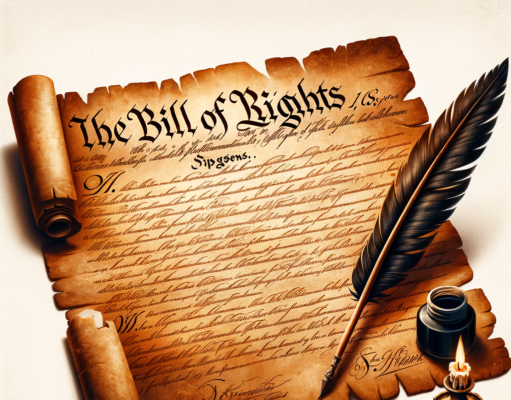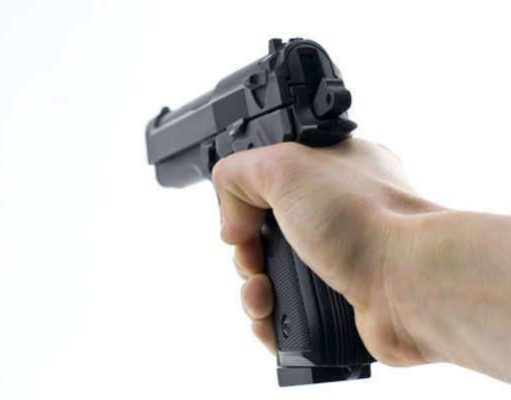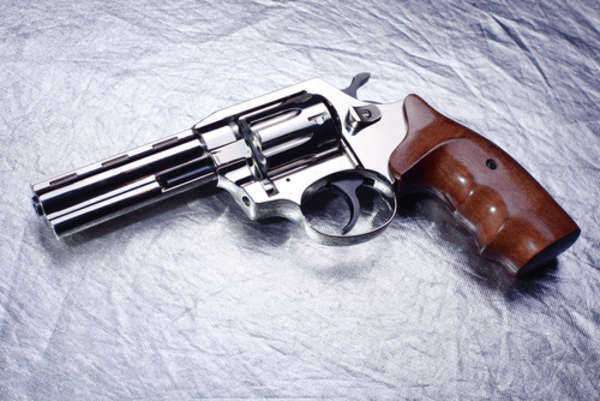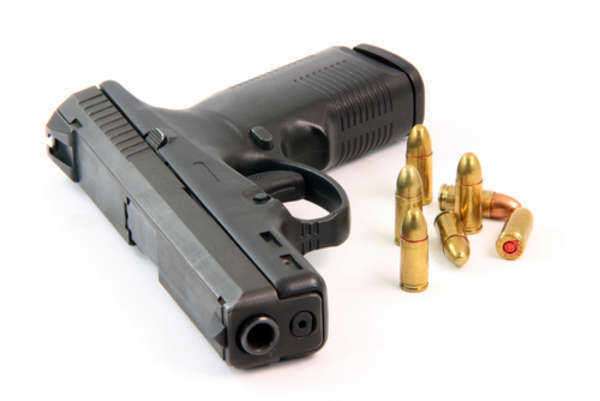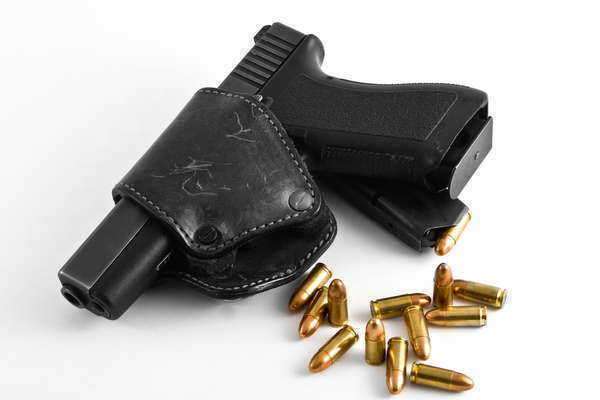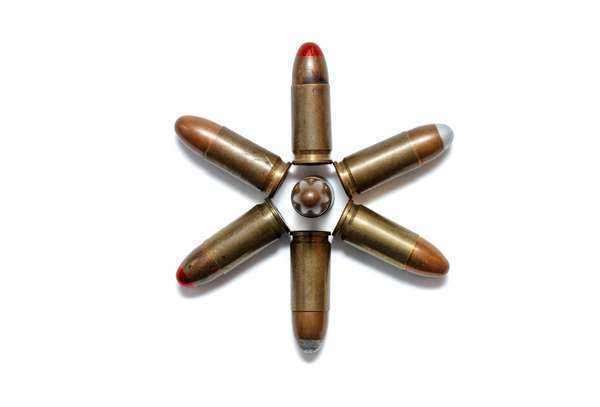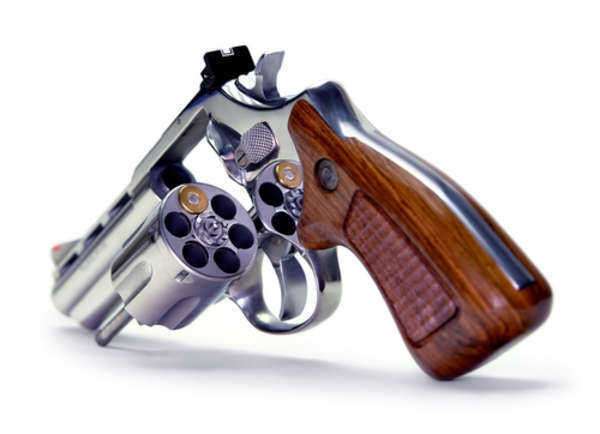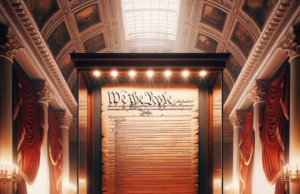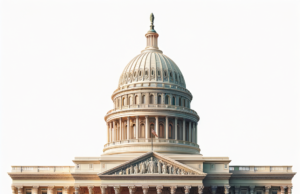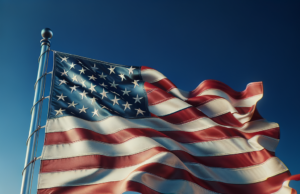North Carolina Gun Laws

NORTH CAROLINA GUN LAWS & REGULATIONS UPDATE 2023
A DECADE OF CHANGE: AN UPDATED OVERVIEW OF NORTH CAROLINA’S GUN LAWS AND REGULATIONS TIMELINE (2013-2023)
Over the past ten years, North Carolina’s gun laws have experienced notable changes, reflecting the state’s commitment to balancing Second Amendment rights and public safety considerations. From concealed carry to background checks, these developments highlight the state’s efforts to address evolving perspectives on firearm ownership. This article provides an overview of the key updates in North Carolina’s gun laws and regulations from 2013 to 2023, presented in bullet points:
2013 – Expanded Concealed Carry in Parks:
– Legislation allowing concealed carry permit holders to carry firearms in more state and local parks.
– Reflects the state’s commitment to responsible firearm ownership.
2014 – Concealed Carry Permit Reciprocity Enhancement:
– Expansion of concealed carry permit reciprocity agreements with other states.
– Allows permit holders from other states to carry concealed firearms in North Carolina.
2015 – “Stand Your Ground” Law Enactment:
– Adoption of a “stand your ground” law, allowing individuals to use deadly force in self-defense without the duty to retreat.
2016 – Enhanced Background Checks for Handgun Purchases:
– Strengthened background checks for handgun purchases, extending the waiting period for further review.
2017 – Firearm Storage Guidelines Discussion:
– Exploration of guidelines promoting responsible firearm storage practices.
– Focuses on preventing unauthorized access and accidents.
2018 – Enhanced Penalties for Gun Crimes:
– Introduction of legislation enforcing stricter penalties for individuals convicted of gun-related crimes.
– Aims to deter illegal firearm use and promote public safety.
2019 – School Safety Measures Consideration:
– Discussion around enhancing school safety, including potential measures like resource officers or armed personnel.
2020 – Mental Health Reporting Enhancements:
– Strengthened reporting of mental health records to the National Instant Criminal Background Check System (NICS).
– Aims to prevent firearm access by individuals with mental health concerns.
2021 – “Red Flag” Law Discussion:
– Exploration of “red flag” laws allowing law enforcement to seek temporary firearm removal for individuals deemed a risk.
2022 – Assault Weapon Regulation Contemplation:
– Discussion of potential regulations related to assault weapons and high-capacity magazines.
– Addresses concerns about firearm-related violence.
2022 – Concealed Carry Training and Requirements Review:
– Discussion around potential reforms to concealed carry permit requirements, emphasizing training and qualifications.
2023 – Firearm Waiting Period Consideration:
– Exploration of potential waiting period for firearm purchases, allowing time for comprehensive background checks.
2023 – Firearm Dealer Licensing Consideration:
– Discussion about potential firearm dealer licensing requirements to enhance oversight of gun sales.
2023 – Mental Health Crisis Intervention Orders:
– Exploration of laws allowing family members and law enforcement to seek temporary firearm removal for individuals facing mental health crises.
North Carolina’s gun laws have evolved over the past decade, reflecting the state’s commitment to finding a balance between preserving Second Amendment rights and ensuring public safety. These changes demonstrate North Carolina’s proactive approach to firearm regulation. As the state continues to adapt its laws, it remains essential for stakeholders, policymakers, and the public to engage in informed discussions that prioritize individual rights while maintaining community security.
Dissimilar to most Southern states, North Carolina possesses a fairly rigorous stance towards gun laws. The first glaring difference between North Carolina and its neighbors can be found in regards to permits for purchasing handguns or pistols (like many other states, there is no permit necessary to acquire a shotgun or rifle). The application for a permit to purchase is filed at the local sheriff’s office and requires a background check, fingerprints, and a test to display “good moral character.”
If the sheriff is satisfied with such requirements and a purpose to acquire a hand gun has been documented (protect one’s business or family, hunting, target practice) a license will be issued within 30 days upon completion of the application. Permits will not be issued to persons who are drug addicts, former convicts, mentally incompetent, or under a restraining order. At the time of purchase, an additional 3 day waiting period may be administered at the seller’s discretion.
Ambiguity is present in the application for a permit to purchase due to the number of sheriff’s offices in the state. Because there are over 100 locations, and each jurisdiction is given discretionary powers, there are slight variations among the procedures. Some sheriffs may require witnesses to vouch for an individual’s character, while others may require longer waiting periods.
North Carolina guns laws are unique in the sense that they vary based on county. Registration of handguns is not mandated by North Carolina law, but can be found in particular counties such as Durham. In addition, there are no licensing requirements to possess a rifle, shotgun, or handgun under North Carolina gun laws.
Similar to many states across the nation, North Carolina has adopted a “shall issue” stance in regards to concealed carry of handguns. Concealed carry of any firearm is unlawful except on one’s own land, or if the individual owns a concealed gun permit.
Like the permit to purchase, a license to conceal and carry a handgun is administered by the local sheriff. Basic requirements for a concealed carry permit under North Carolina guns law include: Resident of the state for at least 30 days, 21 years of age, successful completion of an approved firearms and safety training course, the completion of a shooting test using the appropriate handgun that is in question, mental competence, a background check, and a physical.
The application itself will include a full set of fingerprints, a statement under oath, a release that authorizes disclosure to the sheriff of any records concerning the mental capacity of the applicant, and a fee of $100. The right to carry a concealed weapon, regardless of permit, will not be granted on school property, financial institutions, establishments that sell alcohol, state buildings, parades, correctional facilities, or sporting events.
Like the permit to purchase process, open carry also varies based on town and jurisdiction according to North Carolina guns laws. “Open carry” refers to wielding an unloaded firearm in a public place. The state policy renders such actions as legal, but towns like Cray and Chapel Hill have adopted ordinances that render it illegal or restrict it based on the size of the weapon.
Dealers and distributors also face some restriction under North Carolina guns laws. Although a state issued license is not required for sellers, detailed record keeping and police inspections are regulated by state law. Gun shows are very popular in the state, and it would be nearly impossible to regulate such a popular industry.
That being said, there is no restriction placed on ammunition, bulk purchases, or even assault weapons purchases at such venues. North Carolina guns laws are perhaps the most strict based on location. Given its bordering states, North Carolina stands out in regards to its firm stance on purchasing and using firearms.

